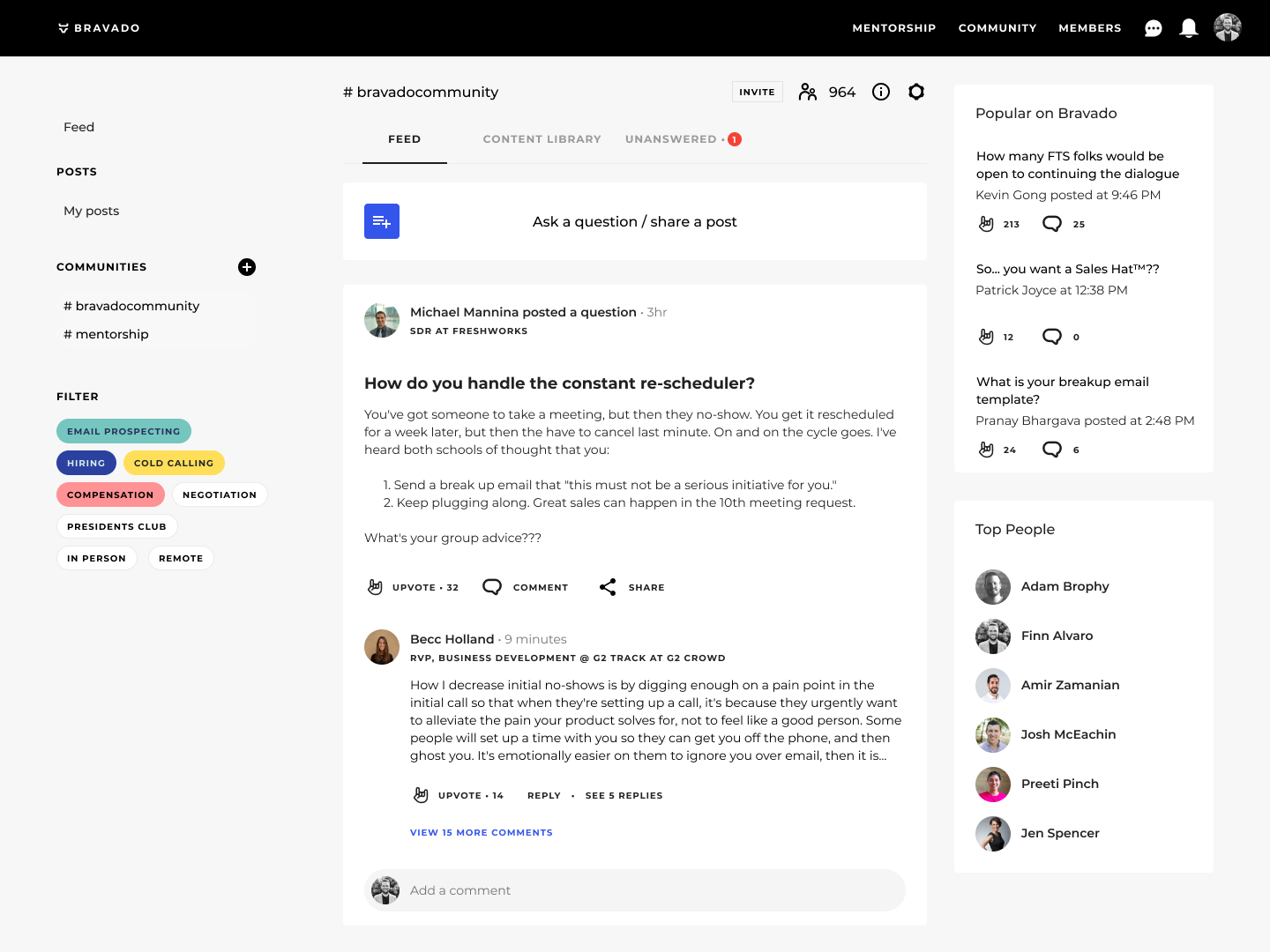Every employee loves receiving their paycheck. It just so happens, though, that paying employees can be a royal pain, what with incredibly diverse labor laws across all 50 U.S. states. While large, Fortune 500 employers have a bevy of options, from traditional firms like ADP to newer entrants like Workday, small and medium businesses (SMBs) face the brunt of the challenge — too small to be attractive to the biggest players, but still responsible for following the complexity of U.S. labor law.
Gusto was founded to solve that problem for SMBs, and so far, it has seen strong adoption. The company crossed the 100,000 customer barrier in the past year, out of an estimated six million small businesses in the United States. “I feel like we are still at the beginning stages,” Gusto’s founder and CEO Josh Reeves told TechCrunch.
It may be early innings, but you wouldn’t know that from Gusto’s burgeoning cap table. The company announced today that it has raised $200 million of venture capital from wealth manager Fidelity Management & Research Company and Generation Investment Management, which was founded by former U.S. Vice President Al Gore to create a vehicle for “sustainable” investments.
In addition to the new capital, Gusto has added its first independent board member in the form of Anne Raimondi, a current Asana and former SendGrid board member who was SVP of Operations for customer experience SaaS platform Zendesk.
The new infusion of capital will be used for scaling the company’s product and team. “I like to take complex systems and take them apart and make them better,” Reeves explained about both the complexity of payroll and the complexity of operating a growing workforce of his own.
While Gusto’s central product is payroll, Reeves sees two other product arcs he intends to develop more in the coming years as the company scales. One arc, which we talked about last year, is fintech features like Flexible Pay, a product that allows employees to receive their unpaid wages in advance, with the goal of reducing reliance on usurious payday lenders. The other product arc is healthcare and helping SMBs offer insurance benefits to their employees. “We want to be a force for universal healthcare,” Reeves said.
As Gusto explores additional products built around its payroll service, it has sought to expand its engineering R&D team. The company announced recently that it will open an R&D office in New York City in September, which it hopes will be able to both execute on these two products as well as others not yet planned. Today, Gusto has more than 1,000 employees in San Francisco and Denver.
That employee growth has also led to new executives joining the company recently. Danielle Brown, formerly head of diversity and inclusion at Google, has joined as chief people officer, and Fredrick Lee has joined as CISO from Square, where he similarly headed information security.
Asked about IPO plans, Reeves demurred, but did point out that the startup’s recent investor additions have been crossover funds that invest across public and private companies.
In addition to Fidelity and Generation, the round included participation from existing investors T. Rowe Price and Dragoneer (which led the Series C), as well as General Catalyst (which led Gusto’s Series A back when it was known as ZenPayroll). The company was founded in 2012.
Source: Tech Crunch Startups | SMB payroll startup Gusto raises 0M Series D, plans R&D expansion to NYC
